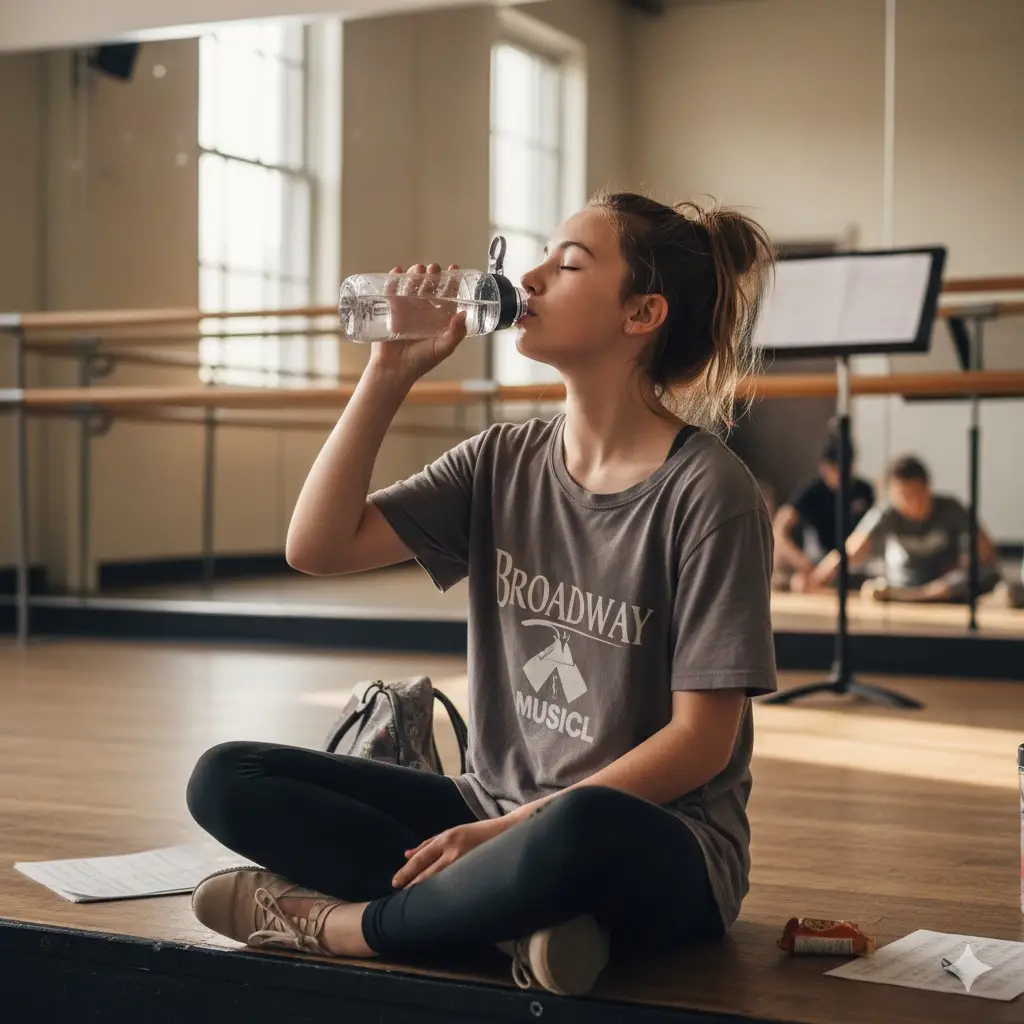By Mia, Vocal Stages, Wooster’s Powell Method Vocal Coach
At Vocal Stages with Mia, I always remind my students—and their parents—of one essential truth: your voice is an instrument, but unlike a guitar or piano, you only get one for life. How you care for it today shapes your confidence and success on every stage, from your very first audition to your biggest solo.
I learned this the hard way. In my early years of singing, my voice would get tired and hoarse after rehearsals. I knew something wasn’t right, but I didn’t know what to do about it. Once I began studying healthy vocal habits and applying them consistently, everything changed. Singing no longer left me exhausted—it left me energized. Now, I get to pass those same tools on to my students so they can start off on the right path.
What Is Vocal Health?
Vocal health simply means developing habits that keep your voice clear, strong, and flexible—so you can sing with confidence, avoid injury, and recover quickly from even the toughest rehearsals. Think of yourself as an “athlete for the stage.” No runner would train for a marathon without stretching or hydrating; great singers do the same with their voice.
Why Vocal Health Really Matters (Especially for Musical Theater Students)
1. Audition Success:
Directors look for consistency. When your voice is healthy, you can give your best every time—not just on “good days.”
2. Performance Confidence:
Nothing breaks confidence faster than a cracked note or tired throat. Vocal health frees you to focus on your acting, expression, and stage presence.
3. Lifelong Longevity:
The habits you develop at 14 can protect your voice at 24 and beyond! Learning safe, proven technique today allows you to chase big dreams tomorrow—without worry.
Daily Vocal Health Habits We Teach at Vocal Stages
The Performer’s Path—our proven program—starts every student with these essentials:
- Stay Hydrated: Water is your voice’s best friend! Sip throughout the day, not just before singing.
- Warm Up, Don’t Wing It: Every lesson starts with gentle vocal warm-ups—lip trills, humming, easy scales—to “wake up” your voice safely.
- Rest & Recover: After a concert or long rehearsal, take vocal downtime. Remember—yelling at a game or whispering to your friends both count as strain!
- Listen to Your Body: Hoarseness, soreness, or fatigue are warning lights. Pause, rest, and reset—Ignoring them can make things worse.
- Use Healthy Technique: Breath support, posture, and resonance aren’t “extras.” They’re the foundation of your unique, powerful sound.
Common Vocal Health Myths
- “If I can hit the note, I must be doing it right.”
Not true—forcing high notes can cause long-term damage.
- “Whispering saves your voice.”
Surprisingly, whispering often puts more stress on your vocal cords than gentle talking!
- “Only professional singers need to worry about their voice.”
Wrong! Middle and high schoolers need it the most, because the habits you build now shape your future voice.
Why I Created Vocal Stages (A Note to Parents & Students)
Your voice is the heart of your expression, your confidence, and your storytelling on stage. Protecting it isn’t just about avoiding injury—it’s about unlocking your full potential as a performer.
That’s exactly why I created Vocal Stages and designed The Performer’s Path: so students can build strong, healthy voices from day one and step into auditions, musicals, and performances with power and confidence.
Don’t wait until something “feels wrong”—start building healthy habits now, so your voice is always your greatest asset!
“Vocal Stages has pushed me to my limits and helped me truly discover my singing voice. I didn’t realize how many techniques I was missing until lessons here. Now my voice is not only stronger and more versatile—I’m so much more confident on stage!”
—Andrew, student
Ready to help your child sing with confidence and joy?
Book an Exploration Lesson or contact us—we’d love to welcome you to our musical family!

